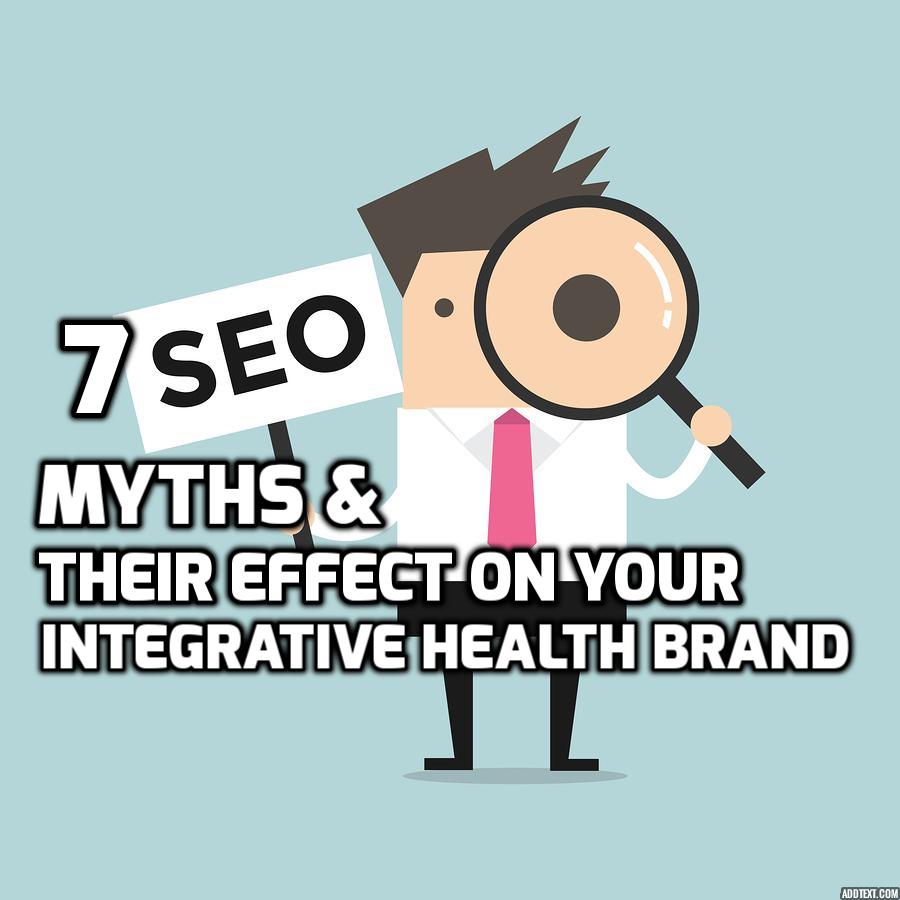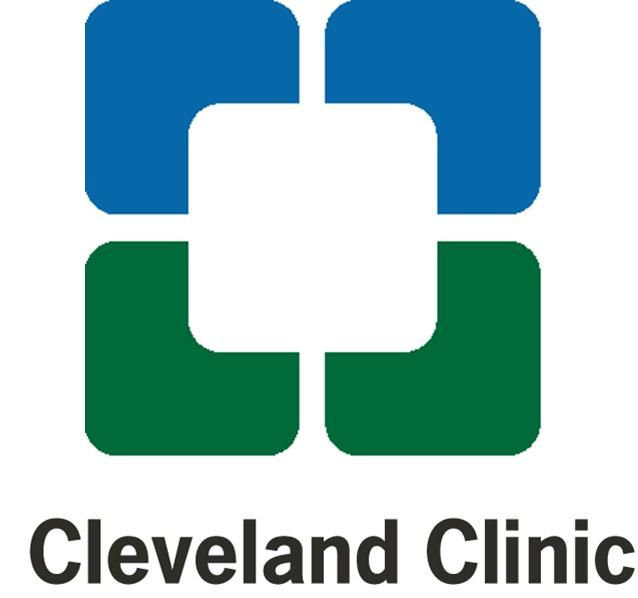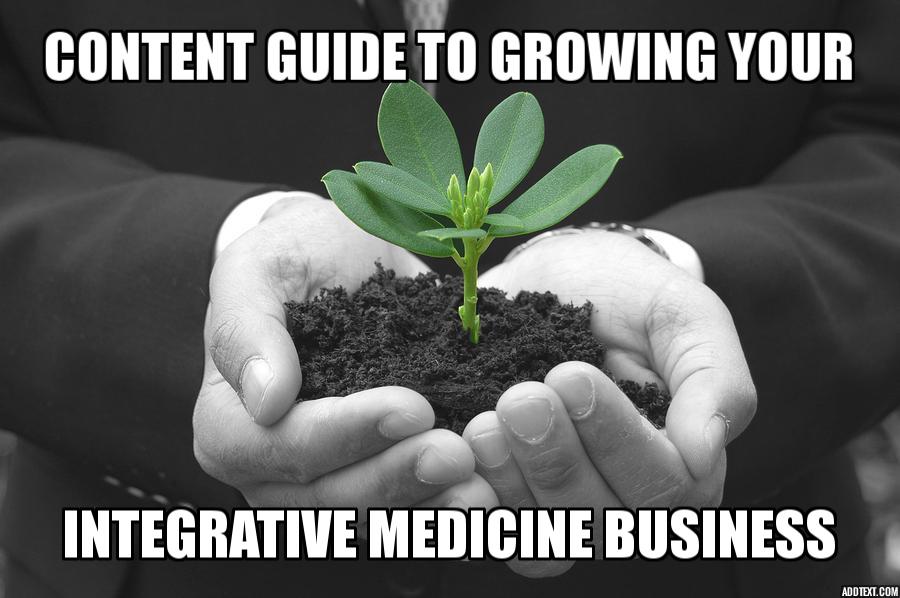
7 SEO Myths & Their Effect on Your Integrative Health Brand
Search engine optimization (SEO) remains critical to driving traffic to your website to engage prospective patients and clients. However, fast-paced technology may have overtaken you. Your current efforts may be for naught, mistakenly based on outdated practices. Over the last few years much has changed in terms of the algorithms Google uses to reward or penalize sites. If you’re not staying on top of this stuff, you’re likely falling short









